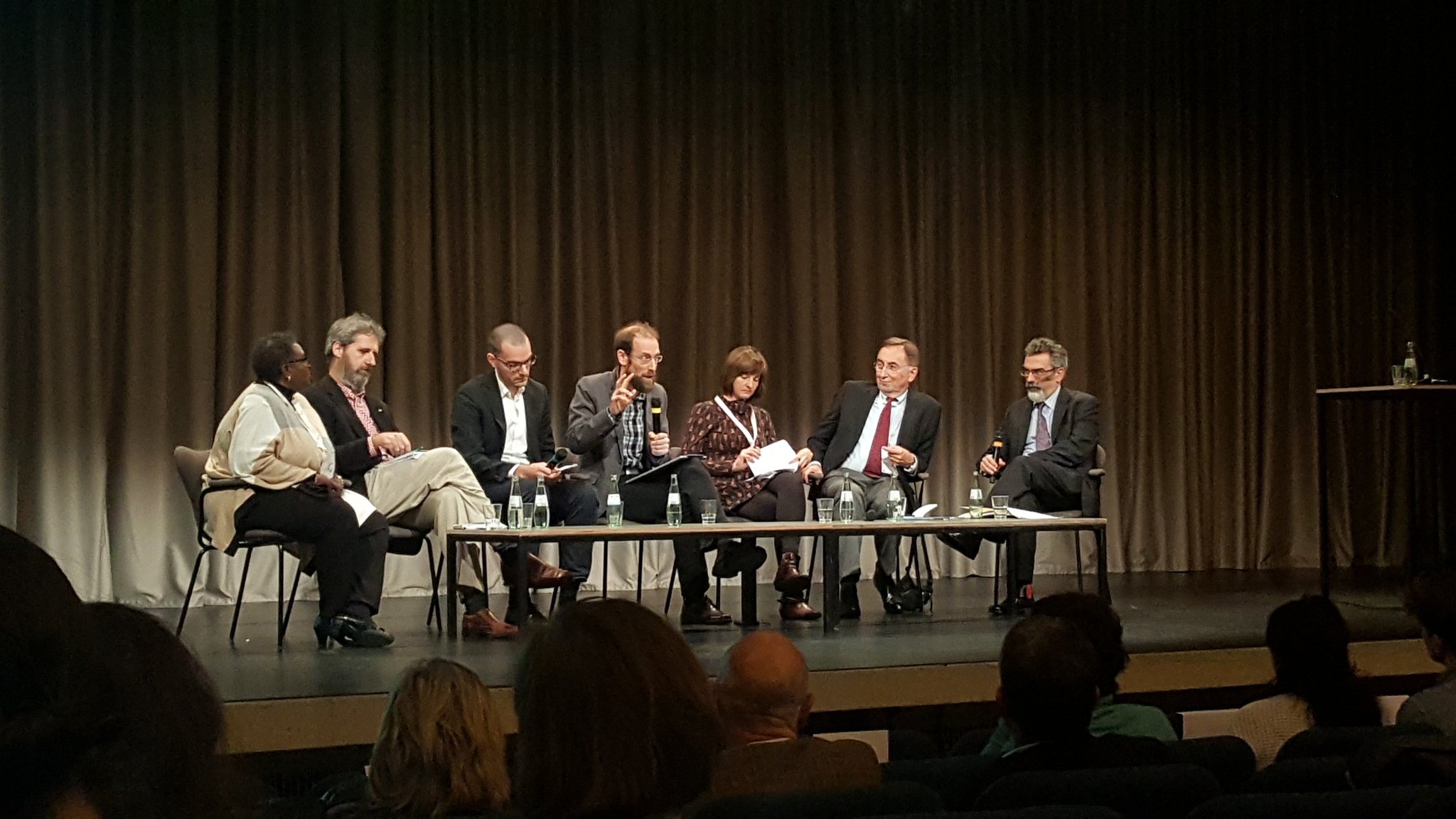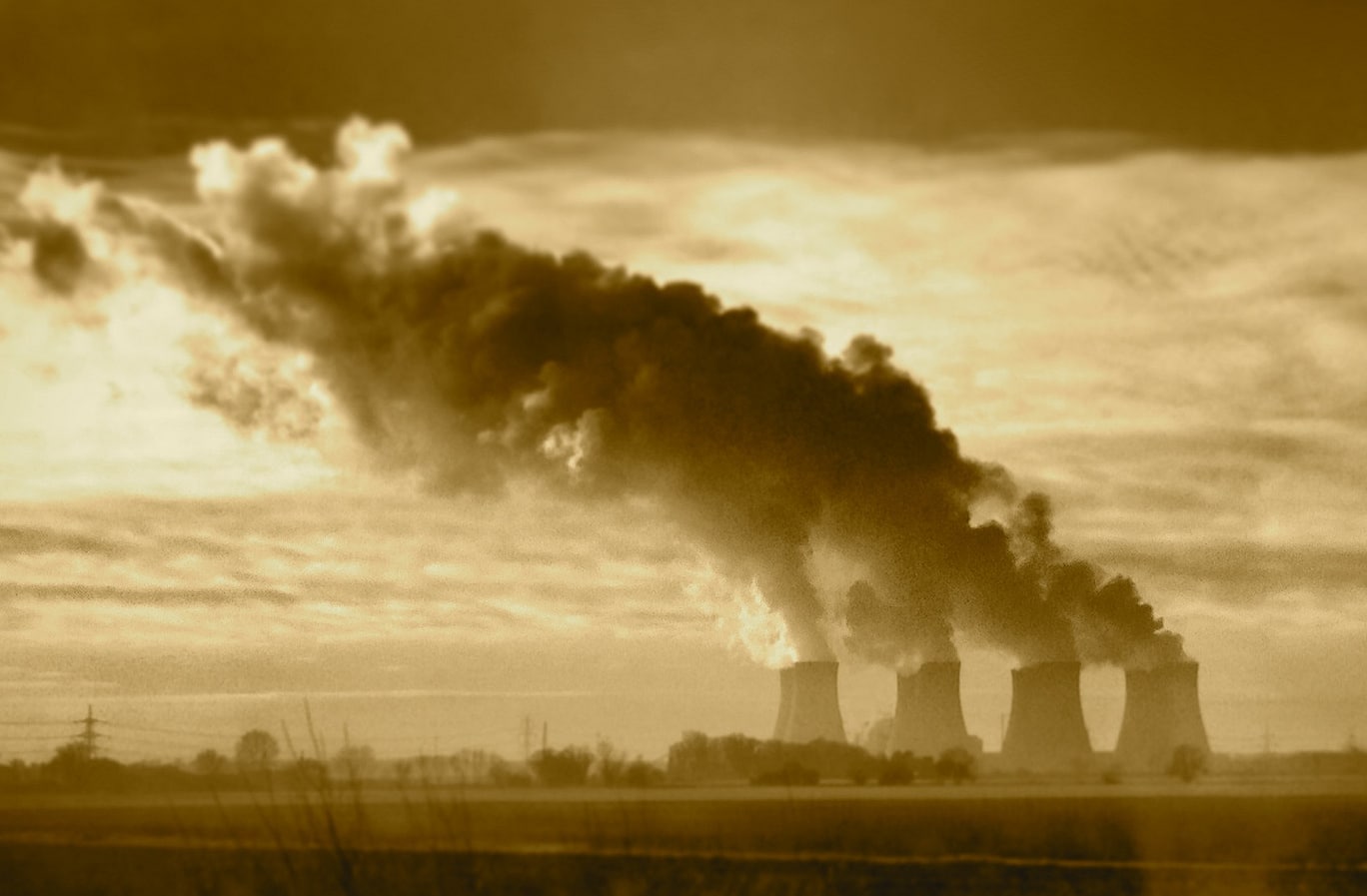This Geoengineering Map Update on Carbon Capture Use and Storage technologies summarises the latest developments on the Geoengineering Monitor Map, highlighting new trends for civil society and climate justice movements to follow in their efforts to oppose...
negative emissions
Negative CO2 emissions cannot replace rapid reductions
Conference report: An international conference on negative emissions highlights extent of trade-offs and reinforces urgency of near-term emission reductions. by Kate Dooley (this article was originally posted by HBF) From May 22nd to 24th, over 200 academics,...
Climate Engineering Conference 2017: a CSO perspective
By Oli Munnion (Biofuelwatch) The Climate Engineering Conference 2017 aimed to "bring together the research, policy, and civic communities to discuss the highly complex and interlinked ethical, social and technical issues related to climate engineering." In practice,...
Pulling carbon out of the air: NETS, BECCS, and CDR
Geoengineering Monitor has long reported on the speculative concept of “negative emissions”, together with certain favored approaches such as bioenergy with carbon capture and storage (BECCS) - a geoengineering technique which recent studies show would have...
Climate Change Policy and The Super-Hero Syndrome
by Roger Boyd (Resilience) There is a genre of Hollywood “feel-good” disaster movie, where everything seems nearly hopeless until the end, and then suddenly, many times against all hope, the super-hero (or super-heroes) saves the day. Whether it be human heroes that...
Responses to: The Trouble with Negative Emissions
Last month we reported on Kevin Anderson and Glen Peters' piece in Science describing how a reliance on negative emissions to draw carbon out of the atmosphere - rather than making necessary and drastic emissions cuts now - will only lock in carbon addiction and make...
Using forests to curb climate change threatens human rights
by Fred Pearce (Thomson Reuters Foundation News) Trees offer ways to help achieve "negative emissions", but what does that mean for forest communities? The 2015 Paris Agreement on climate change was a landmark the world rightly applauded. Its pledge to limit global...
Radical Realism About Climate Change
by Lili Fuhr (Project Syndicate) BERLIN – Mainstream politics, by definition, is ill equipped to imagine fundamental change. But last December in Paris, 196 governments agreed on the need to limit global warming to 1.5°C above pre-industrial levels – an objective that...
With Sights Set on COP22, Group Offers Roadmap for ‘Fair Future’ in Warming World
by Nika Knight (Common Dreams) A sustainable solution to the climate crisis will also work to alleviate poverty and seek climate justice, says Friends of the Earth Germany "A future without climate chaos for all human beings on our planet is only possible if we don't...
A reliance on negative emissions technologies is locking in carbon addiction
University of Manchester The Paris Agreement on climate change and the carbon-reduction plans of many governments (including the UK) are unwittingly reliant on unproven technologies to suck hundreds of billions of tonnes of carbon dioxide directly from the atmosphere....









